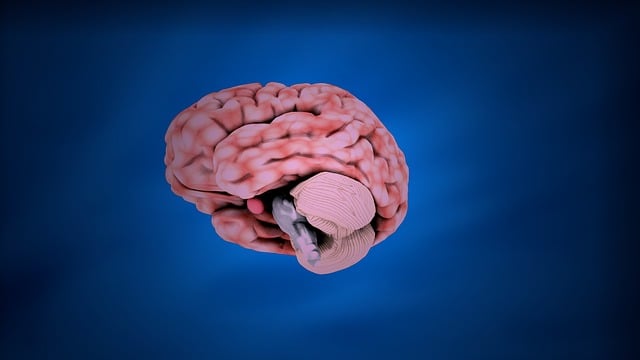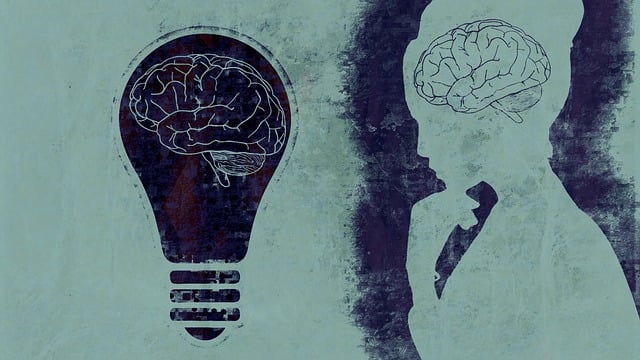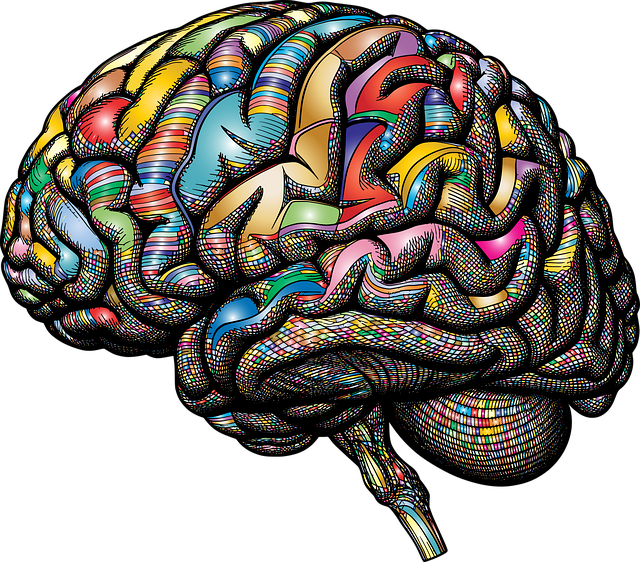Crisis Intervention Teams (CITs) provide vital mental health support for vulnerable children during crises, utilizing evidence-based practices like Cognitive Processing Therapy (CPT). CPT helps process traumatic events, promotes self-care, mindfulness, and stress management. CITs empower children with coping strategies through self-awareness exercises and wellness coaching, fostering healing and resilience. Therapy for children using Cognitive Processing Therapy aims to improve emotional well-being, enhance academic performance, and facilitate safer, more supportive environments in schools and communities.
In today’s fast-paced world, effective crisis intervention is paramount in mental health support. Crisis Intervention Teams (CITs) play a vital role in managing and mitigating high-risk situations, especially among vulnerable populations like children. This article explores the crucial function of CITs and highlights Cognitive Processing Therapy (CPT) as a core component in their training. We delve into various training programs designed to equip professionals with effective crisis response skills, focusing on CPT’s real-world applications and benefits for both schools and communities.
- Understanding Crisis Intervention Teams: A Key Role in Mental Health Support
- Therapy for Children: Cognitive Processing Therapy as a Core Component
- Training Programs: Developing Effective Crisis Response Skills
- Implementing CBT in Schools and Communities: Real-World Applications and Benefits
Understanding Crisis Intervention Teams: A Key Role in Mental Health Support

Crisis Intervention Teams (CITs) play a pivotal role in mental health support, especially for vulnerable populations like children. These teams are designed to provide immediate and effective assistance during crises, ensuring the safety and well-being of individuals experiencing emotional distress or psychiatric emergencies. CIT members are typically trained professionals, including psychologists, social workers, and sometimes teachers or community leaders, who can offer a range of interventions.
One evidence-based approach utilized by these teams is Cognitive Processing Therapy (CPT), which helps individuals process traumatic events and understand their thoughts and emotions. CPT focuses on self-care routine development for better mental health, promoting techniques such as mindfulness and stress management. Additionally, CITs often incorporate self-awareness exercises and mental wellness coaching programs to empower individuals with coping strategies. By fostering a supportive environment, these teams facilitate healing and enable individuals to navigate challenging situations effectively.
Therapy for Children: Cognitive Processing Therapy as a Core Component

Children’s mental health is a crucial aspect that requires specialized attention during crisis intervention. One evidence-based therapy that has proven effective in this domain is Cognitive Processing Therapy (CPT). CPT focuses on helping young individuals process traumatic events and understand their thoughts, feelings, and behaviors in relation to these experiences. By applying Mind Over Matter principles, children learn to challenge negative thought patterns associated with trauma, thereby boosting their confidence and resilience.
This therapy goes beyond the immediate response to a crisis, aiming to empower kids with long-lasting coping strategies. Through CPT, children can develop healthier ways of thinking about themselves and their surroundings, which is especially beneficial for those who have experienced complex trauma or chronic stress. Community Outreach Program Implementation incorporating CPT can ensure that more young people access these crucial services, fostering a supportive environment where they learn to navigate life’s challenges with enhanced emotional well-being.
Training Programs: Developing Effective Crisis Response Skills

Crisis intervention team training programs are designed to equip individuals with the skills necessary to effectively respond to crises in various settings, including schools, homes, and community centers. These programs often incorporate a range of therapeutic techniques, such as Cognitive Processing Therapy (CPT), to help participants understand and manage complex emotional responses. CPT is particularly effective for trauma support services, focusing on how individuals process and make sense of traumatic events, which can significantly enhance their ability to provide compassionate and tailored assistance during crises.
In addition to CPT, comprehensive training programs emphasize self-esteem improvement and stress reduction methods as integral components of crisis intervention. By addressing these aspects, team members learn to support the holistic well-being of individuals facing crises, fostering an environment that encourages resilience and recovery. Such training not only enhances the quality of care provided but also promotes a culture of emotional intelligence and effective crisis management within communities.
Implementing CBT in Schools and Communities: Real-World Applications and Benefits

Implementing Cognitive Processing Therapy (CBT) within schools and communities has proven to be a game-changer in mental health awareness, offering tangible benefits for young individuals’ well-being. CBT is a highly effective therapy for children, focusing on identifying and modifying negative thought patterns and behaviors. By teaching coping skills development through structured techniques, this therapeutic approach empowers kids to navigate crises and challenges more effectively.
Schools and community outreach programs have successfully integrated CBT into their crisis intervention team training, fostering a culture of resilience among students. This real-world application equips educators and community members with the necessary tools to support young people’s mental health. The benefits are far-reaching, from enhancing academic performance to improving social interactions, thereby creating safer and more supportive environments for children to thrive.
Crisis intervention team training programs are essential in equipping professionals with the skills needed to effectively support individuals facing mental health crises. By integrating cognitive processing therapy (CBT) as a core component, these programs enhance the ability of teams to provide timely and appropriate interventions for children. Through real-world applications in schools and communities, CBT has proven to be a game-changer in crisis response, offering not just immediate relief but also long-term benefits for those in need.













